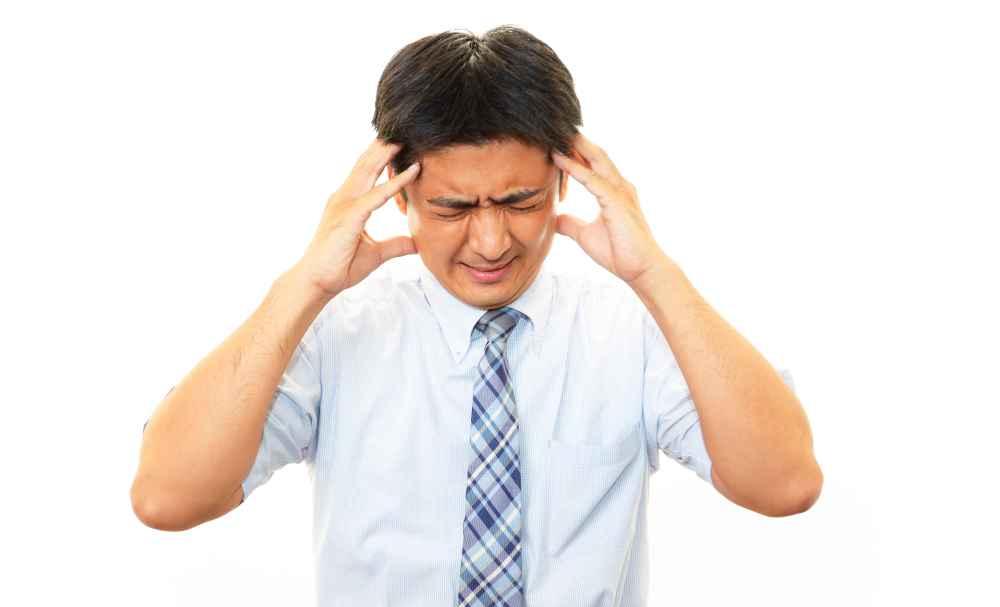In daily life, many people have experienced dizziness, and even some people still use the word "halo" as a mantra, even if it is not really dizzy, they will repeatedly mention this word.
In fact, most dizziness is just a flash, so many people do not care whether the symptom of dizziness can bring harm to the body, nor do they realize that the occurrence of dizziness represents what kind of situation occurs in the body.

Clinically, there are many causes of dizziness, the most common causes are colds, anemia, hypoglycemia, cerebrovascular disease, cervical spondylosis and so on.
Among them, cerebrovascular disease and cervical spondylosis can lead to insufficient blood supply to the brain, causing brain cells and nerves to be damaged, causing symptoms of dizziness.
Here to remind everyone, if dizziness is accompanied by the following 5 symptoms, you should be vigilant about the occurrence of cervical spondylosis.
1. Unstable blood pressure. After suffering from high blood pressure, it is possible to cause dizziness if the blood pressure exceeds the normal range.
If you do not suffer from hypertension, but the blood pressure is still high and low, the amplitude of fluctuations is not large, but it cannot be in a stable state;
At the same time, the symptoms of dizziness often occur, and it is necessary to be vigilant that cervical spondylosis compresses the local arteries and causes abnormal blood supply function of the neck arteries.
2. The upper limbs often feel weak. Under normal circumstances, people do not perform strenuous exercise or excessive physical labor, and generally do not cause symptoms of upper limb weakness.
After suffering from spondylosis, if the disease has developed to the point where the local nerve roots are compressed, it will also cause the patient to feel weak in the upper limbs, and at the same time there will be numbness, and even the phenomenon of falling to the ground when taking things.
3. The swallowing function is weakened. Compression of the esophagus by the leading bone in some patients with cervical spondylosis can lead to an impact on swallowing function early in the disease.
When drinking water or eating, patients will obviously feel that their throat is stuck by something, and they cannot swallow water or food normally, which makes people feel very uncomfortable in their throats.
4. Neck and upper limb pain. If you suffer from cervical spinal spondylosis or radiculopathy, the patient will obviously feel the symptoms of numbness and fatigue in the upper limbs, and also feel that there is often burning pain in the neck.
If the course of the disease progresses to a more severe degree, the patient's shoulders, arms, or fingers may also be affected by radioactivity, and different degrees of pain may occur.
5. Vision and hearing loss. Under normal circumstances, cervical spine changes generally do not have much impact on vision and hearing, but after suffering from sympathetic cervical spondylosis, it will lead to frequent tinnitus and ear blockages, and if there is no timely medical treatment, it may also cause hearing loss.
Not only that, but patients with sympathetic cervical spondylosis may also feel that their eyes are often dry and swollen, accompanied by photophobia and decreased vision.
When dizziness is accompanied by any of the above five symptoms, patients must go to the orthopedic department of a regular hospital in time to check the cervical spine.
Check whether the cervical spine has developed aging or degenerative lesions, resulting in local compression of nerves and blood vessels, causing dizziness and other symptoms.
After determining the type of cervical spondylosis, symptomatic treatment should be followed. During the treatment, the patient should rest as much as possible and do not let the neck remain in the same position for a long time, so as not to cause overextension of the cervical spine, which will make the condition more serious.